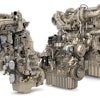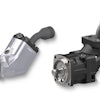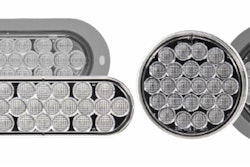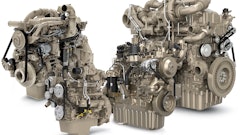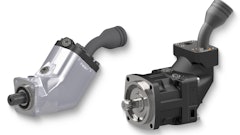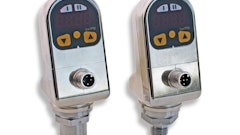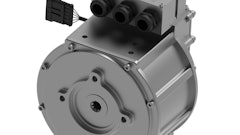Thanks to the generosity of Supervisor Antonovich, AVTA received $1.9 million in local funds to purchase the zero-emission vehicles. This funding allowed AVTA to acquire two buses through an assignment from the Los Angeles County Metropolitan Transportation Authority’s contract with BYD, a Lancaster-based, electric bus manufacturing company.
“We are extremely grateful to Supervisor Antonovich and to the Board of Supervisors for their generosity in providing the funds. We are looking forward to putting these buses into service so that our residents can enjoy the benefits of a smooth and quiet, electric bus ride,” said AVTA Executive Director Julie Austin. “If all goes as anticipated, we intend to seek new sources of funding to add more electric buses to the fleet.”
The service kick-off is the next step in a 12-month demonstration project designed to evaluate the performance of the zero emission buses. Both electric buses will undergo testing in all types of conditions, such as extreme weather, long distance travel, and at full weight capacity. The project is moving forward, and initial tests indicate the electric buses are performing even better than expected. AVTA officials are extremely pleased with the results, and if the demonstration project continues to prove successful efforts will be ramped up to procure additional grant funding for future electric buses.
AVTA is also working with WAVE Inc. to install wireless charging stations at the agency’s two major transfer centers in Palmdale and Lancaster. A $670,000 contract has been awarded to the Utah-based company which relies on new technology that eliminates the need for a hard wire when charging. The hard wire limitation has slowed the inclusion of electric buses into transit fleets nationwide because of the reduced operating time associated with a single battery charge. The WAVE inductive charging system simply requires a bus to park on top of an electromagnet during its recovery time in order for the wireless charging to occur. As a result, zero emission buses can remain in revenue service as long as their diesel counterparts.
